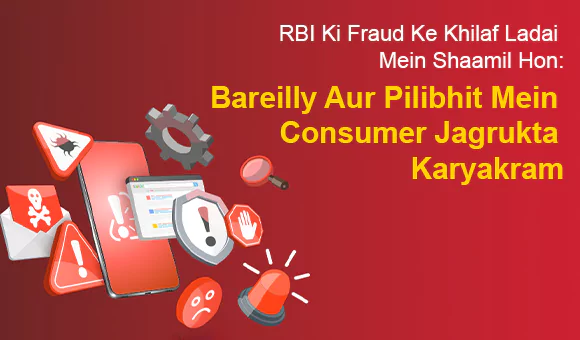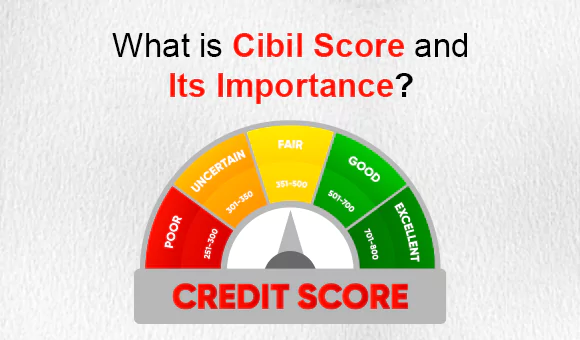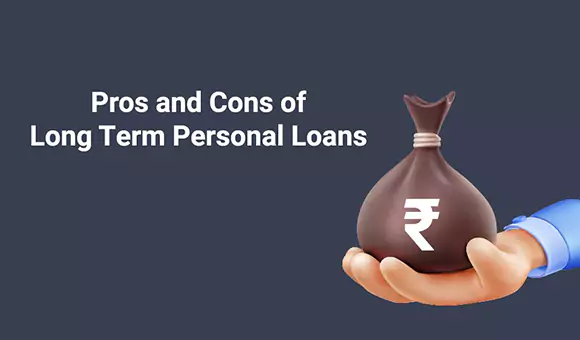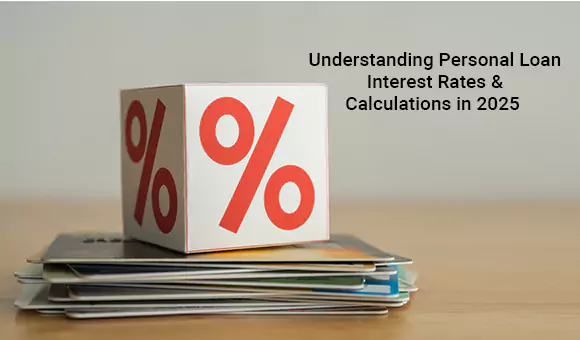10 Things that Lower Your Credit Score
When it comes to your credit score, there are some things that can make it go down. Your credit score is like a report card for your financial behavior, and it’s important to keep it healthy. Let’s explore 10 things that can lower your credit score, explained in simple terms to help you understand better.
1. Missing Payments:
If you don’t pay your bills on time, like credit card payments, loans, or even your rent, it can hurt your credit score. Payment history is a big part of your score, so paying on time is super important.
2. High Credit Card Balances:
Having big balances on your credit cards compared to your credit limit can bring down your score. It’s called credit utilization. Try to keep your balances low to show you’re not relying too much on credit.
3. Closing Old Accounts:
If you close old credit card accounts, it can shorten your credit history. A longer history is usually better, so think twice before closing those old accounts.
4. Applying for Too Much Credit:
When you apply for lots of credit in a short time, like multiple credit cards or loans, it can make you seem risky to lenders. Each application can lower your score a bit.
5. Collections and Defaults:
If you don’t pay your bills and they end up in collections or you default on loans, it’s a red flag for your credit score. Try to work out payment plans to avoid this.
6. Bankruptcy:
Declaring bankruptcy can have a big impact on your credit score. It shows you’ve had major financial troubles. It might take some time to rebuild your score after this.
7. Not Having Different Types of Credit:
A mix of credit types, like credit cards and loans, can actually be good for your credit score. Having only one type might not show lenders the full picture of your creditworthiness.
8. Co-Signing for Someone Else:
When you co-sign a loan or credit card for someone else, you’re on the hook if they don’t pay. This can affect your score if they miss payments.
9. Errors on Your Credit Report:
Mistakes happen. Sometimes there can be errors on your credit report that lower your score. Check your report regularly and fix any mistakes you find.
10. Ignoring Your Credit:
Not paying attention to your credit can be a mistake. Regularly checking your score and report can help you catch any issues early and take steps to improve your score.
Conclusion
Remember, your credit score is like your financial reputation. It’s worth taking care of so you can access better deals on loans, credit cards, and more. By avoiding these 10 things that can lower your score, you’re on your way to keeping your credit health in check.
Related Topics

- Financial Literacy
Can’t find a guarantor for a loan? Here’s what your option
If we talk about a classic example, we should be able to go to the bank, submit our paperwork, and receive approval from them almost immediately – without any other detours.

- Financial Literacy
Aadhaar Virtual ID – How Safe is it?
You will now be using your Aadhaar virtual ID or VID similarly as you utilize your Aadhaar card details when it comes to banking operations, telecom organizations and so on.

- Financial Literacy
Credit Score – Facts & Myths
A credit score is a significant number for the lenders and borrowers, both. Along with the credit score, the credit report helps substantially o estimate the borrowing capacity of the prospects now and later.

- Financial Literacy
Reasons Why Instant Loans Help You Overcome Emergency Situations
Life is unpredictable; you never know what it may have in store for you.

- Financial Literacy
Why Are There Different Types Of Credit Scores?
The borrower’s credit history and trustworthiness become important criteria that help lenders decide whether to provide him or her with a loan or not when it comes to obtaining a collateral-free loan, whether it be a small business loan or a personal loan.

- Financial Literacy
Aadhaar Virtual ID And its Benefits
Considering the protection of the individual information including the statistic and biometric data specified on the Aadhaar card, UIDAI has of late chosen to think of one of a kind element, named as Virtual Aadhaar ID.

- Financial Literacy
Virtual ID in the Real World
Have you heard about Virtual ID? UIDAI introduced Virtual IDs after facing concerns over security of users’ data.

- Financial Literacy
Tired of Unwanted Calls? Reclaim Your Peace with TRAI DND!
In today’s digital age, our phones are irreplaceable, but they also bring tons of unwanted calls and messages.

- Financial Literacy
RBI Ki Fraud Ke Khilaf Ladai Mein Shaamil Hon: Bareilly Aur Pilibhit Mein Consumer Jagrukta Karyakram
Bharatiya upbhokta ke roop mein, aapke paas fraaud ke khilaf ladne ke bohot se adhikar hote hain aur Reserve Bank of India unhe surakshit rakhne ke liye ek RBI Consumer Awareness Program shuru kar raha hai. Kanpur ke RBI Ombudsman Office aapko jagrukta ke madhyam se shakti pradaan karna chahta hai.

- Financial Literacy
How to Build Your Credit Score from Scratch?
Your credit score is a critical aspect of your financial health.

- Financial Literacy
How to Get a Personal Loan for Self-Employed Individuals?
In today’s dynamic economy, more and more people are opting for self-employment as it offers flexibility and the opportunity to pursue one’s passion.

- Financial Literacy
Instant Personal Loan In 3 Easy Steps
Traditionally, extensive documentation, manual processes, multiple bank visits, endless paperwork, and a long wait for disbursal were a part of availing a personal loan.

- Financial Literacy
What is Cibil Score and Its Importance?
A CIBIL Credit report consists of all the particulars related to your borrowing history and the discipline of its repayment.

- Financial Literacy
All You Need to Know About Credit Score
Have you ever been wondering about what a credit score is? What’s all the big fuss about it? Understanding them will benefit you at some time in your life.

- Financial Literacy
Useful Tips for Personal Loan EMI Management
In today’s fast-paced world, personal loans have become an essential financial tool to meet various needs and aspirations.

- Financial Literacy
Does the Purpose of Personal Loan Affects Loan Approval?
When it comes to personal finance, taking a personal loan is often seen as a versatile solution to meet various financial needs.

- Financial Literacy
Pros and Cons of Long-Term Personal Loans
Personal loans are one of the most popular forms of borrowing, allowing individuals to obtain funds for various purposes

- Financial Literacy
Personal Loans Vs. Mortgage: Choosing The Right Path To Financial Freedom
When it comes to achieving financial freedom, making the right choices about borrowing money can be a pivotal decision.

- Financial Literacy
Understanding Personal Loan Interest Rates and Calculations
Personal loans can be a great way to manage big expenses or emergencies, but do you know how their interest is calculated? It’s not as tricky as it seems!

- Financial Literacy
5 Financial Lessons to Master by Age 30
Many lessons learned can be financially draining, take them all seriously to take critical financial decisions that may be skipped otherwise.

- Financial Literacy
3 Smart things to know before Co-Signing a Loan
When an instant loan is applied for both the co-signer and co-borrower are equally responsible for the loan taken.


